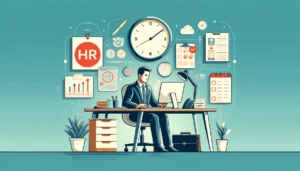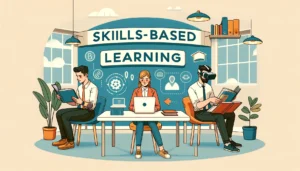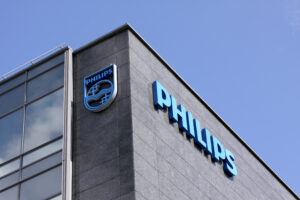The biggest emerging HR trends in 2019
- 4 Min Read
The world of business is constantly changing around us. HRD Connect exclusively spoke to Howard Sloane, Chief People Officer at Essar Oil (UK) to hear his thoughts on what lies in the future for HR.
- Author: Louron Pratt
- Date published: May 10, 2019
- Categories

There are many challenges that lie ahead for HR professionals, workplace wellbeing, diversity & inclusion, and artificial intelligence are many obstacles that HR may need to tackle for their respective organisations. Howard Sloane, Chief People Officer, Essar Oil (UK), is a widely experienced expert and is dedicated to providing world class HR and business optimisation solutions whilst maintaining a commercially focusing an approach to talent management as a primary driver to success. He spoke to HRD Connect about the biggest challenges in HR, and what emerging trends we are currently seeing.
How will global companies overcome the apparent skill shortage that is occurring?
Whilst AI and advances in technology will undoubtedly result in job losses, there are also massive gains from having technology at the centre of a company’s human capital management challenges. Offshoring is made infinitely more possible by global organisations having the ability to transfer knowledge and virtual people right around the globe. This is making the world a much smaller place and in doing so the skills shortages are more easily accessible. Businesses must use technology to advance their corporate and global thinking as if they don’t then they will be left with local problems without local solutions.
What is the biggest challenge in HR currently?
Given my above answer, I think that being able to resource globally and make compelling cases for change in innovative ways where talent acquisition is concerned are among the biggest challenges HR face. Coping with a sea change of migrant work following Brexit is simply another resource challenge but this is a tactical problem. Smart companies will have been addressing these issues long ago, which is something that Essar Oil UK has been very good at.
Are there any trends you are noticing emerging in HR and if so, what are they?
I think it’s possible that the traditional Business Partnering model has become a status in business and the term Human Resource Business Partners (HRBP) may have become somewhat lost in translation. Combining HR with other more operational functions, which allow for practical resource solutions being developed is a smarter way to manage many HR issues in 2019 and I have seen evidence of this working in more industries of late. In addition to this, I think that it has become more universally accepted that HR and Communications must go hand in hand and again, co-developing and delivering on employment and company matters works better, particularly where smart use of social media is used. Businesses need more now than ever to tell a story and I believe that 2019 will be a pivotal year in this regard.
How much will technology change the face of HR?
Massively. I have said for many years that the moment AI is able to answer HR questions through an endless database you could almost wipe out entire departments. People are connected through their phones 24/7 and so being able to access HR support will become exactly the same as talking to Amazon’s Alexa. It will just take time. Now, this doesn’t mean that HR departments will disappear, but it will mean that the focus on HR will move much more towards enhancing performance through developing objectives that require significant delivery. I think it’s possible that HR will become much less about day to day when AI really arrives and more about the year to year.
What are you most looking forward to in terms of the future of HR?
I am many years into my career now and feel that there isn’t much I haven’t seen. So perhaps what I am really looking forward to is a time when the mistakes I made along the way are not replicated by the people starting out in their HR career and who will follow in my and others footsteps.








